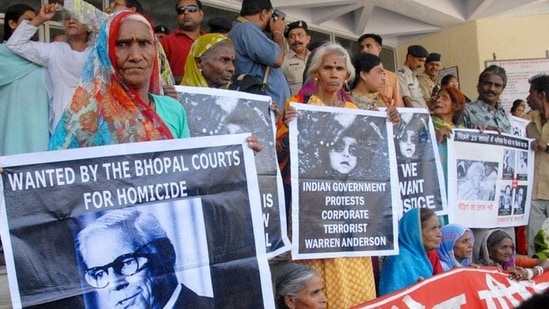Greenpiece: A Failure to stop the chemicals comes full circle
The well-known research of Dr. Shanna Swan in 2017, says by 2045, most people will rely on assisted reproduction, for environmental toxins, such as additives like phthalates from plastics, are disrupting the human endocrine system and are reducing fertility.
On December 3, India mourned the Bhopal Gas Tragedy on its 38th year. Official statistics say 5,000 people died. Lakhs of victims have suffered and are still suffering intense injury and pain. Children were born with unbelievable defects, as if the gods had mixed up species and planets. The victims haven’t received any worthwhile compensation. Shaken up by the event, several countries strengthened their laws. Now, a lifetime later, we see they failed.

In fact, the world seems to have come full circle in its failure. If lives were lost then, lives are hard to create now, thanks, once more, to chemicals. The well-known research of Dr. Shanna Swan in 2017, says by 2045, most people will rely on assisted reproduction, for environmental toxins, such as additives like phthalates from plastics, are disrupting the human endocrine system and are reducing fertility. In men, the sperm count has dramatically reduced over the last 40 years.
Such science shows global toxic control regimes are weak. Minimizing chemical damage is important, but preventing exposure via strict regulation and its implementation is even more important. A timed phase out of endocrine disruptors and heavy metals (like lead) is a first step. Persistent organic pollutants (like several pesticides) were to be phased out under the Stockholm Convention, but it’s no stellar performance. Indians blame the population for many ills. But can we accept population reduction by poisoning ourselves? While victims must get robust compensation based on their asks, we must prevent other slow-motion Bhopals. What can be more de-humanizing than being unable to reproduce?
(The author is the founder and director of the Chintan Environmental Research and Action Group.)




